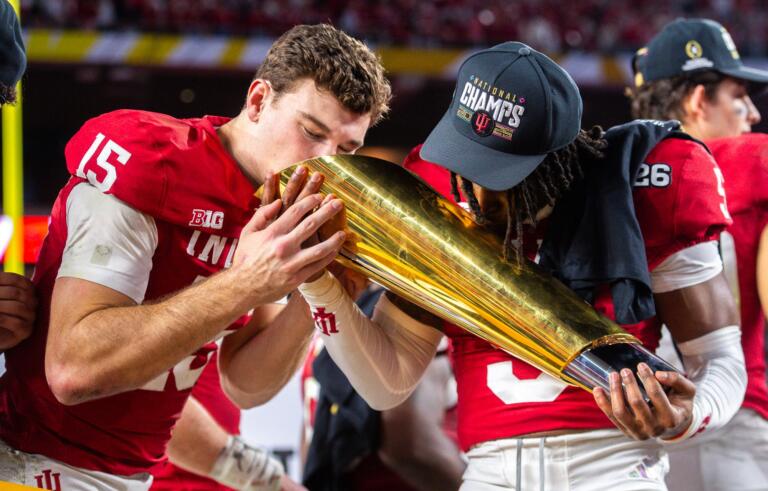Isn’t redemption a beautiful thing? Picture this: after a fourteen-year hiatus, former USC running back Reggie Bush finally reclaims his Heisman Trophy, which was stripped from him due to an NCAA investigation into inappropriate benefits. The Heisman Trust officially returned the trophy to Bush in a dignified ceremony, symbolizing not only a personal victory for Bush but also sparking conversations about fairness and the pressures in collegiate sports.
Now, let’s dive into the heart of the matter. Reggie Bush was a standout athlete whose Heisman win in 2005 was almost effortless, thanks to his unparalleled skills on the football field. However, the glory was short-lived. An NCAA investigation concluded that Bush and his family had accepted funds and gifts from boosters, which led to the revocation of his award. Fast forward to today, and the decision has been reversed, allowing Bush to regain his trophy.
This scenario is somewhat reminiscent of a phoenix rising from the ashes, isn’t it? It’s a testament to the enduring spirit of athletes who face setbacks but come back stronger. Moreover, this event raises important questions about the nature of punishment and redemption. Is taking away an athlete’s accolades the right way to handle infractions, and what does it take for redemption to be considered?
In essence, Reggie Bush’s story is more than just about a trophy; it’s about resilience, justice, and the complex dance between integrity and achievement in sports. So, what do you think? Does this gesture from the Heisman Trust set a precedent for how sports organizations should handle similar cases in the future?








